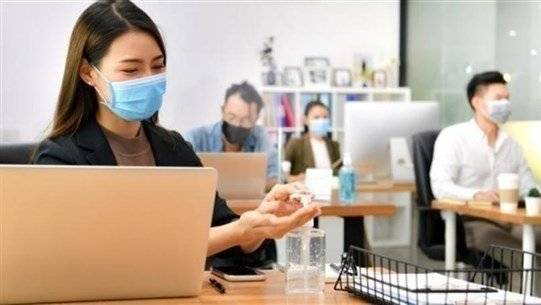More than two years into the battle against the Corona pandemic, improving indoor air quality has not received the necessary attention, despite its importance as a tool in combating the spread of the virus. Epidemiologist Antoine Flahault told AFP that "in order to have hope in eradicating the pandemic and reducing deaths, it will be necessary to reduce pollution levels, which a vaccine alone cannot do today." He adds that we need a new phase, a phase of improving indoor air quality.
The SARS-CoV-2 virus spreads through the air, specifically through aerosols – the droplets of particles we release when we breathe, talk, shout, or sing. In a poorly ventilated indoor space, these aerosols can remain suspended in the air for long periods, accumulate, and move around the area, significantly increasing the risk of infection.
**The Danger of Airborne Transmission of COVID-19**
While scientists generally agree that the transmission of the COVID-19 virus can happen through droplets and aerosols from a distance of two meters, there is no consensus on the risk of airborne transmission from longer distances indoors. Researchers from the University of Bristol and the UK Health Security Agency noted in a recent issue of the British Medical Journal that airborne transmission of the virus can occur from distances greater than two meters indoors, depending on room designs. However, their research, based on 18 observational studies across various countries, cannot be generalized.
**At Least 10 Minutes**
Scientists do agree that adequate ventilation disperses aerosols just as smoke dissipates. On an individual level, this might mean opening a window for a sufficient amount of time. However, collective efforts to purify indoor air remain insufficient, according to specialists.
Ventilation is one of the recommended measures. Regional health authorities in France have advised: "Ventilating your living spaces is extremely important, morning, noon, and night, throughout the day... every hour, let’s ventilate the room for at least 10 minutes." However, Flahault states that "governments, in general, have not yet given this issue the importance it deserves." Professor Flahault advocates for strong investment in ensuring proper ventilation in modern buildings and public transportation, starting with schools, nursing homes, hospitals, offices, restaurants, and public transport.




